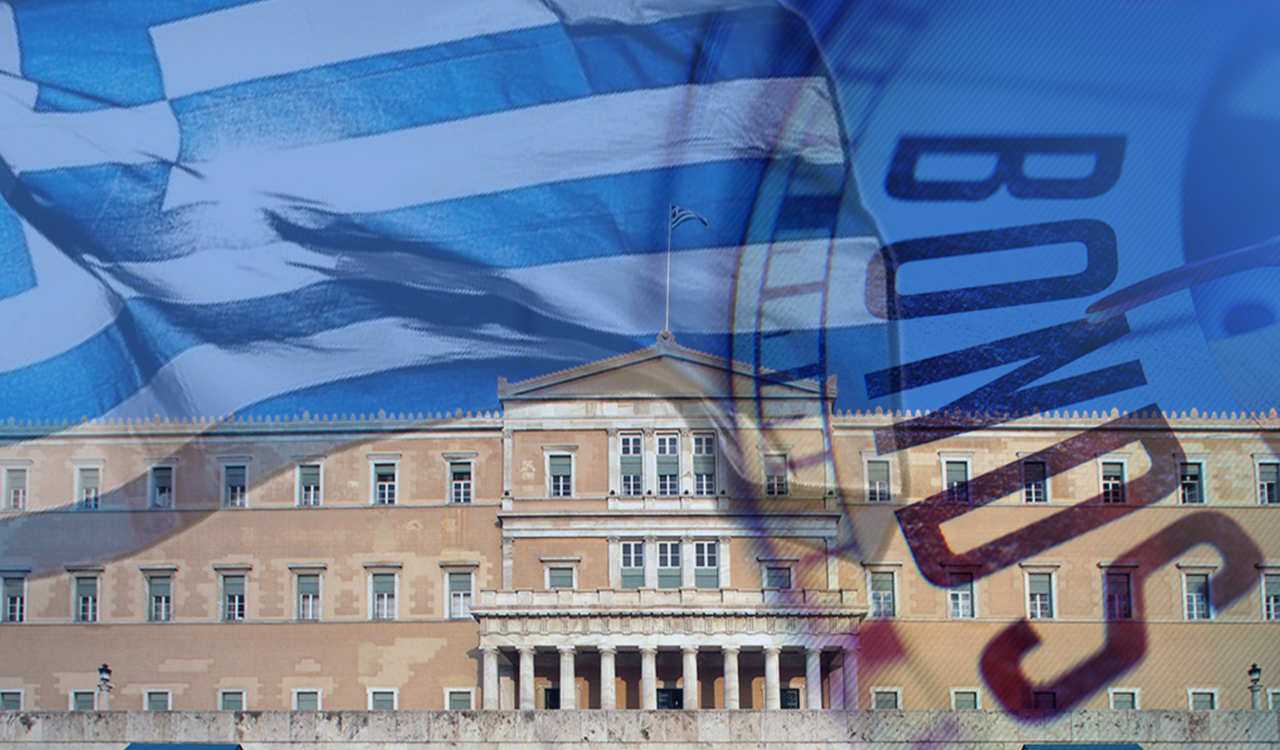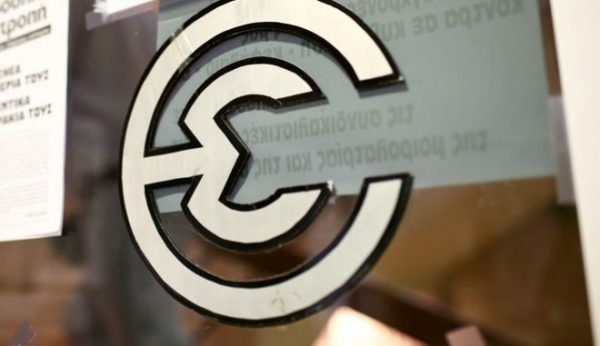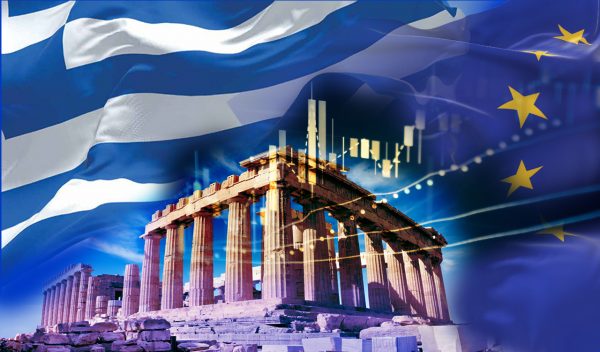
The positive climate created in the markets after the May 21 elections in Greece, which was accompanied by laudatory comments from the foreign press and favorable analyzes from international houses, seems to be maintaining its momentum.
The Greek stock market continues its upward trajectory, trying to capitalize on the post-election momentum of the previous week. The holidays on Wall Street and the London Stock Exchange may affect today’s trading on the Athens Stock Exchange, as a significant number of investors are absent, however, for now the Greek market seems to have significant forces to strengthen its stay above 1,220 points.
Traders and agencies “vote” investment grade
Greek bonds are also moving along the same wavelength, with yields on the 10-year bond falling close to 3.9% and the spread at its lowest level since October 2021 at 128 points. Reuters estimates that the election result reinforces expectations that the country will continue its policies to support economic growth and reduce debt. He points out that the markets believe that in the second elections, the New Democracy party will obtain the necessary majority that will ensure its independence.
Kyriakos Mitsotakis’ New Democracy party won a landslide victory that beat forecasts, which boosted the country’s government bonds, with Greece borrowing for 10 years cheaper than Italy, after the spread of 10-year Greek bonds against their Italian counterparts widened after election as much as 47 basis points, as although there will be a repeat election on June 25, the news raised expectations that the country will regain investment grade within the year, GlobalCapital said.
Indicative of the climate that has formed is the tweet of the leading analyst Mohamed El Erian: “Greece, in short, has become a normal country, and not [a country that causes] concern” he wrote, isolating this phrase from a recent piece of his in the “Economist”, which analyzed the economic prospects of the country after the elections.
“Greece, in short, has become a normal country, not a worry.”
From The Economist article on the Re-election of Prime Minister Kyriakos #Mitsotakis. #Greece #economy #markets @TheEconomist pic.twitter.com/493TKDjNJn
— Mohamed A. El-Erian (@elerianm) May 28, 2023
The part that impressed the former head of the world’s largest investment fund, Pimco, was the reference that “the (Greek) economy fared much better than most in the devastation caused by Covid-19 and the energy price shock. Its growth last year was double the European average and the forecast is that this trend will continue. Greek debt is being traded at investment grade levels, the spread with German bonds is now just 1.4%, when during the 2015 crisis it had reached a terrifying 18.7%. The unemployment rate remains high, near 11%, but the annual inflation rate has fallen to just 3%. Greece, in short, has become a normal country, don’t worry.”
The climate in Europe
Eurozone bond yields are also moving lower today, pending inflation data later this week.
Germany’s 2-year government bond yield, more sensitive to policy rate expectations, fell 0.5 basis points (bps) to 2.97%. On Friday it hit its highest level since March 15 at 2.991%, nearly 30 bp. below the close on March 9, a day before the banking turmoil began to affect financial markets. Germany will release consumer price data on Wednesday, while eurozone data will be released on Thursday.
“Greece roars”
“The election results in Greece have sparked so much optimism among investors that they are now willing to grab the country’s bonds for much lower yields than in Italy and not far from US bonds in nominal terms,” Bloomberg wrote in an analysis, last week.
Against the current, Greek bonds: Yields are falling, the spread is closing
The international news outlet reports that Greek bonds posted the only rally in the developed world last week, pushing the yield on the 10-year benchmark below 3.9%. That’s half a percentage point below the rate Italian investment-grade bonds pay, a difference not seen before. The two-year yields are now similar to those of France, it underlined.
Bloomberg recalls that the performance demonstrates investor expectations that Greece will win a return to investment grade status, 13 years after an unprecedented crisis disrupted the nation’s funding. While the US is at risk of breaching its debt ceiling and Europeans are trying to stave off a recession, the “Greek economy is roaring”.
Investment grade
Greek bonds are already trading as if the country has regained investment grade, banking analysts covering Greek sovereign debt told Reuters, with the news agency reporting that investors consider Greece’s return to investment grade ratings a “done deal.”
“Investors hope the New Democracy Party – the clear winner in Sunday’s election, although it fell short of an outright majority – will remain in power after a run-off vote in June and continue reforms, paving the way for Greece to claim re-ratings,” Reuters noted.
According to analysts, “after this week’s sharp drop in borrowing costs, the bonds were already trading like investment-grade paper,” while Reuters notes that Greek 10-year bond yields around 3.9% “are now trading around 50 basis points higher below the Italian ones”, which “already has an investment grade rating from three major rating agencies”.
Latest News

DM Dendias: We talk With Turkey But We Always Bring Up Their Unacceptable Positions
Second and last day of closely watched conference, entitled 'Metapolitefsi 1974-2024: 50 Years of Greek Foreign Policy', also included appearances by PM Mitsotakis, Ex-PM Tsipras and PASOK leader Nikos Androulakis, among others

Rhodes Airport Tops Fraport Greece’s Regional Airports in 2024 Performance
According to Fraport's data, more than 35 million passengers (specifically 35.2 million) were handled by Fraport-managed airports during the 11 months.

European Central Bank Cuts Interest Rates by 25 Basis Points
It is the fourth cut of interest rates by Europe’s central bank, a move expected by the markets and financial analysts leading to the rate settling at 3%.

Airbnb: New Measures Add €600 in Extra Costs for Property Owners
Property managers face an immediate administrative fine of 5,000 euros if access to the inspected property is denied or any of the specified requirements are not met.

Economist: Greece Included in the Best Performing Economies in 2024
Meanwhile, Northern European countries disappoint, with sluggish performances from the United Kingdom and Germany.

EasyJet Expands Its Routes from Athens
The airline’s two new routes will be to London Luton and Alicante and they will commence in summer 2025.

Capital Link Forum Highlights Greece’s Economic Resurgence; Honors BoG Gov Stournaras
Capital Link Hellenic Leadership Award recipient, Bank of Greece Gov. Yannis Stournaras, an ex-FinMin, was lauded for his pivotal role during Greece’s economic recovery

Tourist Spending in Greece Up by 14%, Visa Card Analysis Shows
Greece’s capital Athens emerged as the most popular destination, recording a 17% increase in transactions with Visa cards, surpassing even the cosmopolitan island of Mykonos.

Inflation in Greece Unchanged at 2.4% in Nov. 2024
The general consumer price index (CPI) posted a 0.4% decrease in November compared to the previous month

2024 Christmas Holidays: Extended Shop Hours Schedule
The 2024 Christmas Holidays extended shop hours schedule commences on Thursday, December 12 and runs until the end of the year.


![Φυσικό αέριο: Δυναμικό come back του LNG στην Ελλάδα [γραφήματα]](https://www.ot.gr/wp-content/uploads/2023/01/OT_naturalgas-90x90.jpeg)












![Fraport: Πάνω από 35 εκατ. επιβάτες στα αεροδρόμια το 11μηνο – Πτώση στη Μύκονο [πίνακας]](https://www.ot.gr/wp-content/uploads/2022/06/fraport-90x90.jpg)

























 Αριθμός Πιστοποίησης Μ.Η.Τ.232433
Αριθμός Πιστοποίησης Μ.Η.Τ.232433